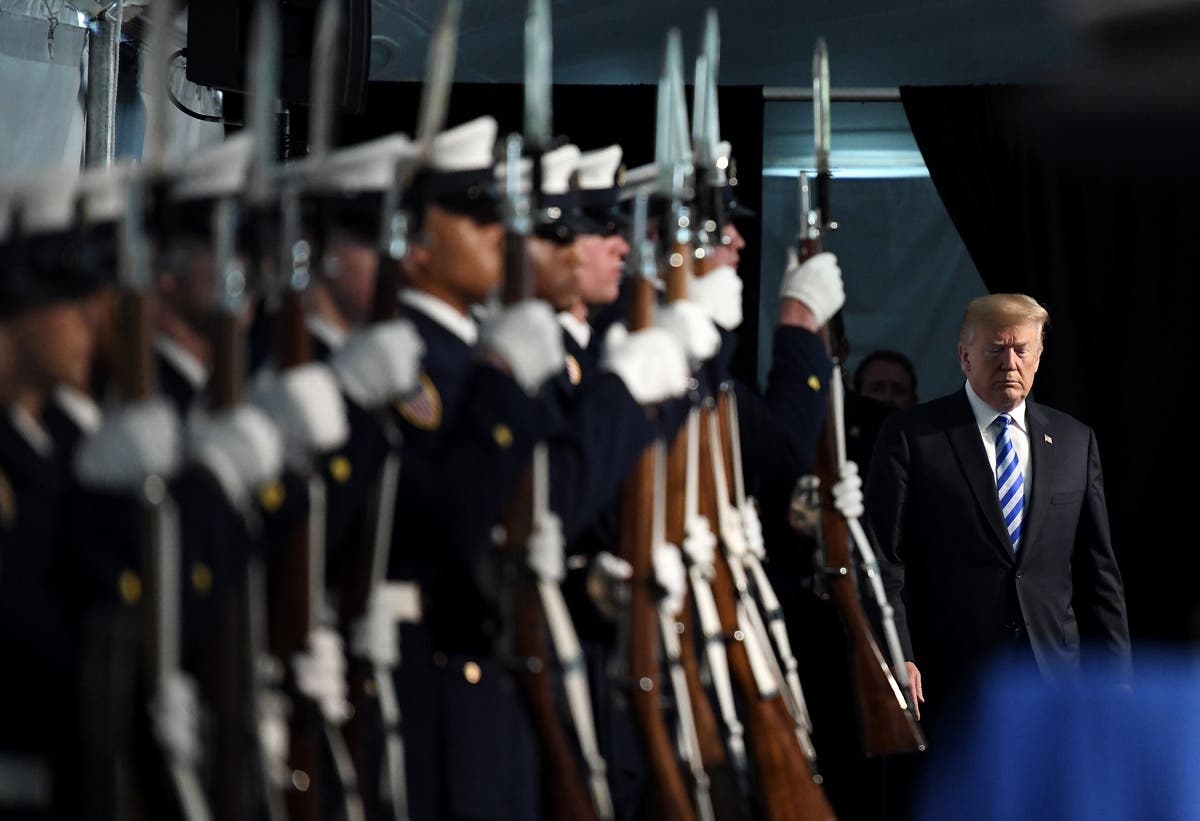The U.S. Coast Guard performs essential national security law enforcement and emergency response duties. But during past government shutdowns, members have worked without pay, sparking introduction of the Pay Our Coast Guard Act to prevent future lapses in pay. This article examines the bill and its provisions to appropriate funding for Coast Guard salaries if appropriations lapse.
The Challenges of Government Shutdowns
When Congress fails to pass funding bills the resulting lapse in appropriations can trigger a partial government shutdown. Many federal agencies cease operations, but workers in critical public safety roles – like the Coast Guard – are often required to stay on the job even without pay.
During recent government shutdowns, this happened, forcing Coast Guard members to keep doing dangerous jobs while their pay was held up. Service members and their families were under a lot of financial stress, which made people from both parties want to find a solution.
Background of the Pay Our Coast Guard Act
To address Coast Guard pay during funding lapses, Senators Dan Sullivan (R-AK) and Maria Cantwell (D-WA) introduced the Pay Our Coast Guard Act in September 2022. It mandates appropriations for Coast Guard pay, allowances, and benefits to continue uninterrupted in the event of a shutdown.
The bill authorizes pay for
- Active duty Coast Guard members
- Coast Guard reservists performing active service
- Civilian employees of the Coast Guard
- Coast Guard contractor personnel
This keeps things fair with the other parts of the military, whose pay doesn’t get cut during shutdowns. The bill was passed by the Senate in December 2022, and now it needs to be voted on by the House.
Key Provisions of the Legislation
The Pay Our Coast Guard Act includes several key provisions to facilitate continuous pay for the Coast Guard in a lapse of regular appropriations:
-
Automatic appropriations – The bill appropriates funding as needed to cover Coast Guard pay and benefits during a shutdown. This avoids the need for Congress to pass separate pay legislation each time.
-
Retroactive pay – Coast Guard members would receive back pay for any work performed when pay was interrupted. This makes them whole once appropriations are restored.
-
Timing – Pay continues whenever a shutdown occurs for DHS but not DOD. This recognizes the unique status of the Coast Guard when it is not part of the Navy.
-
Parity mandated – Pay and benefits must be equivalent to what Coast Guard members would otherwise receive under the regular appropriations bill to ensure parity.
Why the Coast Guard is Uniquely Impacted
The Pay Our Coast Guard Act recognizes the unusual predicament of the Coast Guard as the only military service housed under Homeland Security rather than the Defense Department.
During government shutdowns:
- DOD continues operating with prior year funds if regular appropriations lapse.
- DHS ceases most non-essential operations when appropriations are not enacted.
- The Coast Guard must work without pay unless Congress provides separate funding.
Treating Coast Guard pay differently than other armed services during shutdowns has been criticized as jeopardizing operations and undermining morale. The bill corrects this disparity.
Improving Recruitment and Retention
Passing the Pay Our Coast Guard Act into law would directly support Coast Guard recruitment, retention and readiness:
- Eliminating the possibility of missing paychecks would improve morale.
- Pay parity with other military branches would be affirmed.
- Disruptions to personal finances would no longer occur during shutdowns.
With its extensive duties spanning from Arctic operations to migrant interdictions to port security, the Coast Guard cannot afford personnel shortages or low retention rates. Reliable pay would help attract and keep talent.
Opposition and Concerns
While largely bipartisan, the Pay Our Coast Guard Act does have a few skeptics raising concerns:
- Some oppose automatic spending without Congress approving each time.
- Appropriating pay before overall DHS funding is set could be questioned.
- It further entrenches the illogical divide between DOD and DHS.
However, the legislation’s sponsors and most vocal supporters say the unique good provided by the Coast Guard justifies this targeted approach.
Outlook for the Bill’s Future
The Pay Our Coast Guard Act has strong bipartisan backing and is expected to ultimately become law after clearing both chambers of Congress:
- The Senate already passed the bill 94-2 in December 2022.
- An identical House version has over 80 co-sponsors split across party lines.
- Congressional leaders and the White House have signaled support.
While timing of final passage remains uncertain, the legislation will likely be approved by Congress before the next potential shutdown this fall.
By appropriating pay for the Coast Guard during government shutdowns, the Pay Our Coast Guard Act would prevent the hardship, uncertainty and disparity in treatment experienced during past funding lapses.
This bill supports a ready, resilient Coast Guard workforce by ensuring pay continues uninterrupted when appropriations temporarily cease. The men and women standing the watch deserve nothing less. This pragmatic legislation honors the service and sacrifices of Coast Guard members and their families.

